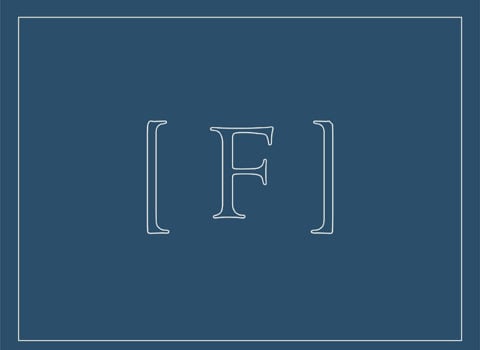Researchers found that human fetuses will prioritize nurturing the brain over enhancing body fatness, are 69 percent likelier to grow into fat children if they are exposed to magnetic fields, and contain the spongy hearts of reptiles. Recurrent miscarriages may be due to an indiscriminate uterus, and discrimination against pregnant African-American women was correlated with lower birth weights. Chronically stressed mouse fathers have very anxious and socially deficient mouse daughters, orphaned moose suffer between eight and forty-seven times more aggression by strange adult moose than do moose with mothers, and the likelihood that male killer whales over the age of…
Sign in to access Harper’s Magazine
We've recently updated our website to make signing in easier and more secure
Sign in to Harper's
Hi there.
You have
1
free
article
this month.
Connect to your subscription or subscribe for full access
You've reached your free article limit for this
month.
Connect to your subscription or subscribe for full access
Thanks for being a subscriber!
Get Access to Print and Digital for
$23.99 per year.
Subscribe for Full Access
Subscribe for Full Access




